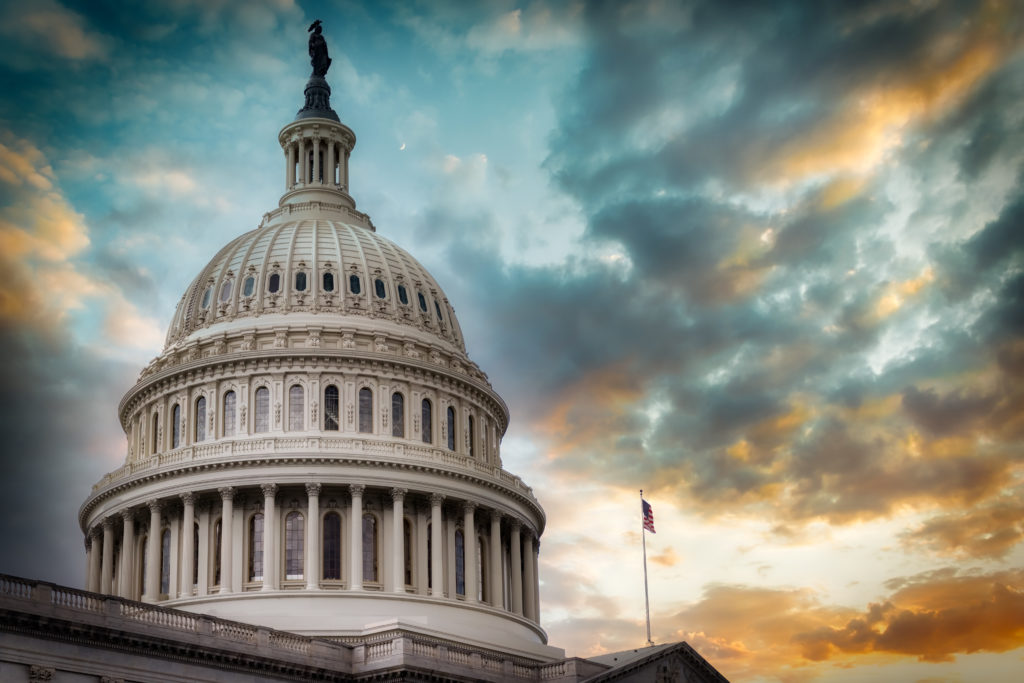
Electric cooperatives working to boost their use of renewable energy need direct-pay incentives from the federal government to put them on a level playing field with for-profit utilities that get tax breaks, an Iowa generation and transmission co-op CEO told a Senate committee Tuesday.

Central Iowa Power Cooperative projects that more than 60% of its electricity will be generated by wind and solar by 2030, CEO Bill Cherrier told the panel. CIPCO provides electricity to 13 distribution co-ops serving nearly 300,000 people.
“It’s important for policymakers to note that the current federal tax credit structure prevents not-for-profit electric cooperatives like CIPCO from taking advantage of the tax benefit to directly build and own wind and solar generation assets,” he told members of the Senate Agriculture, Nutrition and Forestry Subcommittee on Rural Development and Energy.
“This requires cooperatives to work with third-party providers on long-term contracts to bring this energy onto the system…This unworkable incentive structure impedes the ability of cooperatives to adopt new technologies in a cost-effective way,” Cherrier said.
Investor-owned utilities receive federal tax breaks for providing power from solar, wind and other renewable energy sources and for using carbon-capture technologies. But not-for-profit co-ops and public power utilities don’t have access to those incentives because they are exempt from federal income taxes.
NRECA and its member co-ops are urging Congress to provide co-ops with direct payments to develop renewable energy and battery storage projects.
“With this legislative change, G&Ts like CIPCO would be better positioned to reduce the cost of wind and solar resources by building and owning them directly for the benefit of our member systems,” Cherrier testified.
He also urged the senators to pass the Flexible Financing for Rural America Act, which NRECA estimates would save co-ops more than $10 billion by allowing them to refinance their federal loans at current low interest rates without being hit with pre-payment penalties.
“While CIPCO’s excellent credit rating provides access to a number of financing resources, the RUS [Rural Utilities Service] remains a key partner for long-term success,” Cherrier said. “Over the last 30 years, RUS has supported CIPCO with more than $500 million in secured, long-term financing, particularly for transmission projects.”
“Recently, low interest rates have allowed utilities with commercial loans to refinance to lower interest rates, providing needed savings, particularly during the pandemic,” he said. “Unfortunately, this is not a current option with RUS loans.”
CIPCO would save more than $21 million if it could refinance its RUS loans, Cherrier said.
“As a not-for-profit electric utility, the interest savings would assist with rate stability, support additional infrastructure improvements and growth, and ultimately could be returned to members as additional patronage,” he said. “Investments we make today will continue grid viability and system success into the future.”
Erin Kelly is a staff writer for NRECA.